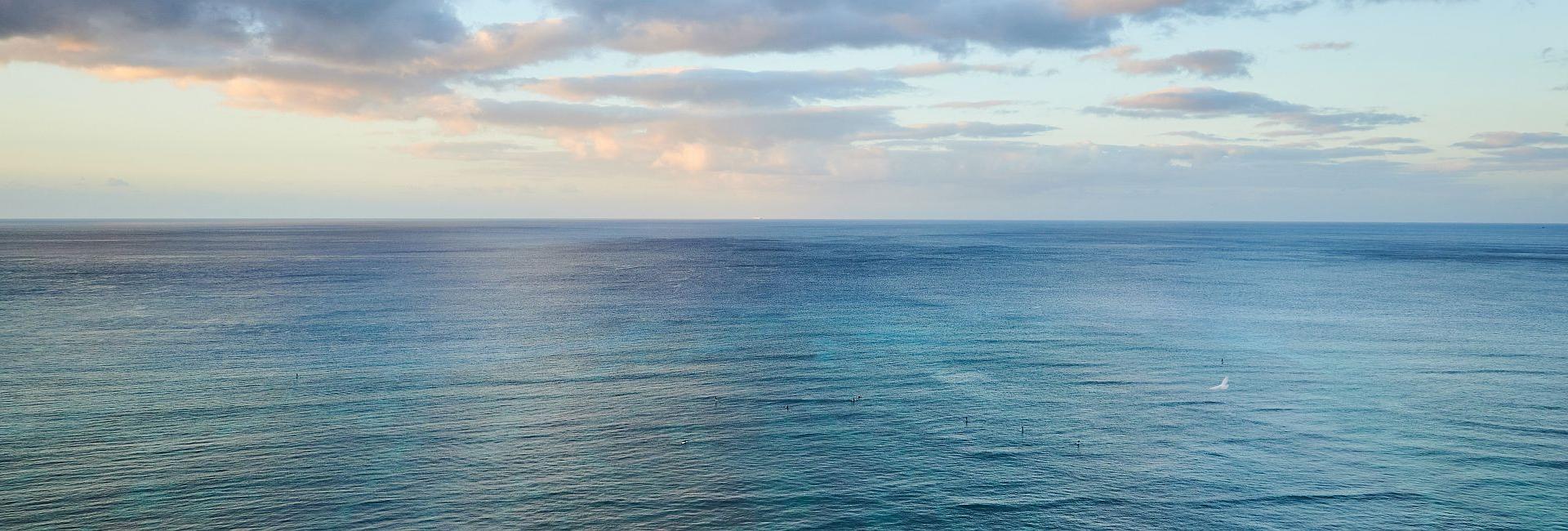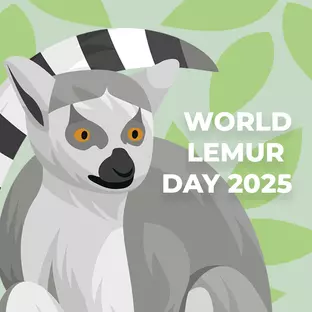WHAT IS WORLD OCEANS DAY?
On June 8th each year, World Oceans Day is observed globally, and hosts the perfect opportunity for us to celebrate, honour and admire the wonderful oceans that grace our planet. By celebrating World Oceans Day annually, it paves the way for an increased awareness of how we can protect and conserve our oceans for the next generation. Our vast and beautiful oceans are often underestimated in their importance for survival –our oceans are literally “the lungs of our planet” and are essential for human survival, providing a whopping two thirds of the oxygen we breathe. We believe that our oceans can no longer be underestimated in their importance and that’s why World Oceans Day was born. So let’s delve a little deeper into what World Oceans Day is all about and how we can all get involved!
SO, WHAT’S THE LOWDOWN?
70% of the Earth’s surface is covered by oceans (that’s a mind-boggling 140 MILLION square miles!), the largest of which is the Pacific Ocean which makes up 30%. Due to the sheer size of the world’s oceans, so far we’ve only explored a teeny 5% of them! However, what we do know from the small amount we have explored, is that it is becoming a serious battle to fight the impact of humans on our oceanic ecosystem. The influx of pollution, intense and unsustainable fishing, shipping and coastal development has impacted a huge 40% of our oceans and the animals that roam within them. Let’s take a look at some of the wildlife that is bearing the brunt of human impact.
“The world’s finest wilderness lies beneath the waves …"
First up are Sea Turtles; these beautiful creatures are high up on the list of animals that are seriously affected by human interference in their habitats. Six out of the seven species of sea turtles are classified as endangered, and this is due to three main issues; plastic waste, poaching and entanglement in fishing nets. Plastic waste is a serious issue, and shows barely any signs of slowing down. Eight million tonnes of plastic are dumped into our oceans each year, and sea turtles in particular are suffering as not only can they be suffocated by rogue plastic floating in their habitat, but can mistake the plastic for food, which then blocks their digestive systems and leads to their eventual death. In addition to this, tens of thousands of sea turtles are lost each year due to overharvesting and illegal trade, due to the demand for their leather, shell, meat and eggs. The harvesting for their eggs is a particular issue, with poaching for delicacies such as Turtle Egg Soup showing no signs of slowing down. If you want a chance at helping these majestic creatures, why not take a look at some of the projects we offer?
However, our sea turtles aren’t the only animal that suffers from the catastrophic human impact on our oceans, with Whales and Dolphins struggling to avoid the dangers of human interference in our waters. Plastic debris and marine litter (the main focus of this year’s World Oceans Day) are extremely hard to avoid for larger mammals, and it is often mistaken for food which can tear their stomach lining. In addition to this, both whales and dolphins are increasingly getting caught up in plastic bags and netting. Whilst whales and dolphins are notoriously intelligent and beautiful animals, they are struggling to cope with the increased pollution in their habitat. The greater level of chemicals, metals and oil in our waters has led to their food source becoming contaminated, and as both whales and dolphins are at the top of the marine food chain, a large accumulation of toxic substances is gathering in their bodies. This is leading to issues such as liver disease, reproductive malformations and cancers, and in turn their longevity is declining. However, it is not just chemical pollution that is the issue – noise pollution is becoming a huge problem, as both these magnificent creatures rely almost entirely on their hearing to navigate, find their prey and to communicate. Naval sonar (submarines), drilling and ships are contributing to their daily struggle, and are driving them away from breeding grounds, essential for reproduction. Currently, there are no international standards set for noise pollution, but hopefully in time that will change due to the increased efforts of conservation groups and events such as World Oceans Day. Many of our marine conservation projects offer a chance to see these gorgeous animals in their natural habitat, so if you’re interested, have a browse and see if you can help!
Last but certainly not least, Seabirds are not necessarily what you may think of immediately when pondering marine life. But, a shocking NINETY percent of Seabirds are consuming plastic due to increasing levels of its production around the world. Plastic such as bottle caps and bags have been found inside their stomachs, and as above with whales and dolphins, the sharp edges of plastic can puncture their stomach lining. This, in combination with their small stomachs to begin with, means they cannot digest enough nutritious food – essential for their survival. Seabird populations have declined massively since the 1950’s, and levels are down by around 70%, a figure that will only keep rising as the amount of plastic produced inevitably increases. Many people are familiar with the shocking photograph of the inside of a seabird’s stomach – but is this the wake-up call people need?
"We know that when we protect our oceans we’re protecting our future." – BILL CLINTON. SO, HOW CAN WE HELP?
The rate of plastic pollution is only increasing (an estimated eight million tonnes enters our oceans annually), and in combination with unsustainable fishing and coastal development, our oceans are at serious risk of becoming a haven for pollution and potentially harmful to humans. Without intervention, several types of marine life is at serious risk of becoming extinct in the wild, and this is why World Oceans Day is an important event on our calendar every year. Now, we’re all familiar with the introduction of the 5p charge for plastic bags, and the recent ban on microbeads in beauty products – and these are definitely small steps in the right direction. But hands down, the best way to contribute to World Oceans Day is to educate yourself and spread the word! There are lots of great websites and infographics that outline the work that needs to be done, and how you can make small changes at home to help. Boycotting plastic bags and bottles is a great start, use reusable versions instead! And if you’re of a persuasive nature, encourage others to do the same!
World Oceans Day is a great excuse to celebrate and honour our beautiful oceans, so look into events near you, and if there aren’t any – organise one! Even if it’s just “Wear Blue to Work Day!” or a bake sale to raise awareness and money for a local charity – every little helps. If you’re lucky enough to live near the coast, why not organise or take part in a beach clean-up? There are lots of little ways to help and raise awareness, and I’m sure you’ll agree it’s worth a bit of effort. Our oceans help us survive - we literally live and breathe it, so let’s keep it that way!





















